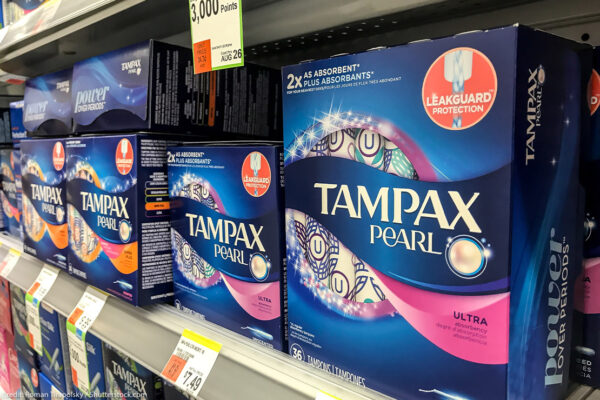After three grueling years of law school, aspiring attorneys have one last hurdle to overcome in order to practice law: the bar exam. In normal times, the bar exam is daunting, as the multi-day test determines the professional fates of lawyers-to-be. This year, with the COVID-19 pandemic raging, the bar exam has gone from being unnecessarily burdensome to unnecessarily deadly.
Some states have granted bar admission to graduates of accredited law schools — a policy known as “diploma privilege.” But others are plowing ahead with exams — in-person or remote, on time or delayed. The policies and procedures for these exams are in constant flux. And the civil rights and civil liberties issues presented by this year’s bar exams are extensive.
This year, states are limiting law grads’ access to menstrual products and opportunities to pump breastmilk during the bar exam. This policing of when someone can change their tampon or if and when someone can pump raises serious sex discrimination concerns.
Take the West Virginia bar exam, for example. “Feminine hygiene products” are explicitly prohibited in the testing room. Instead, the West Virginia Board of Law Examiners (WVBLE) requires those who are menstruating go to proctors to retrieve tampons or pads during the all-day exam. In response to rightful confusion from West Virginia bar examinees, the WVBLE has since stated that “there is no prohibition on bringing menstrual products to the test,” but it remains unclear if test takers can have the products with them in the testing room or not.
Montana’s policy is even worse: Menstrual hygiene products are not included in the list of permitted items (although “medical items” are allowed), and the exam instructions do not otherwise indicate that these products will be provided to test-takers. And in Nebraska, one examinee was told that she needed permission in order to change her tampon more often than every two hours.
The notion that anyone can use a tampon to cheat would be laughable if it weren’t being used to disadvantage menstruating test-takers. In any event, other states have allowed examinees to bring menstrual products into exam rooms for years without incident.
States are also putting up unnecessary roadblocks for test-takers who are lactating. For example, administrators in Oklahoma refused to extend the 15-minute break for one woman to pump, even though that isn’t nearly enough time to prepare the equipment, pump, and clean and sanitize the equipment. Sadly, this problem isn’t unique to the pandemic: exam administrators have long created roadblocks for menstruating and breastfeeding test takers. But this creates further barriers to new parents entering the legal profession who are already facing an unprecedented lack of childcare.
Blocking access to menstrual products and opportunities to pump breastmilk during the bar exam is also a gender equity issue. First, more often than not, menstrual products are placed in women’s restrooms only. Failing to provide menstrual products in facilities that are accessible to everyone who needs them, including some transmen and non-binary people, leaves some test takers with no access to necessary products at all.
Also, what products will be provided? Menstruation is different for everybody, and those who menstruate know the products that work best for them. Not to mention the privacy concerns raised by needing to disclose personal medical information to proctors. Test takers who are breastfeeding are similarly negatively affected when exam administrators refuse to allow them to safely express breastmilk during the exam at an appropriate time and place, effectively preventing many new parents from sitting for the bar.
Bar examiners should be working to make the legal profession more accessible to those who already face barriers to success in the legal profession — including women, trans and non-binary people, and new parents — not less. Fortunately, some states have already reversed course in response to public outcry. But it shouldn’t take going viral on Twitter for all students to be able to sit for the bar exam in safety and dignity.

